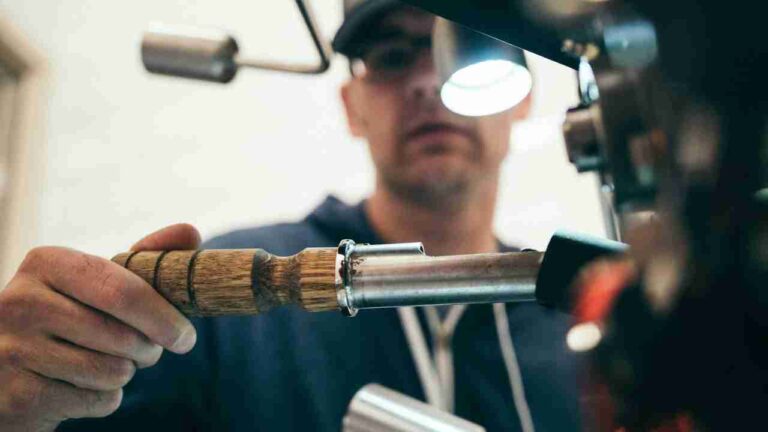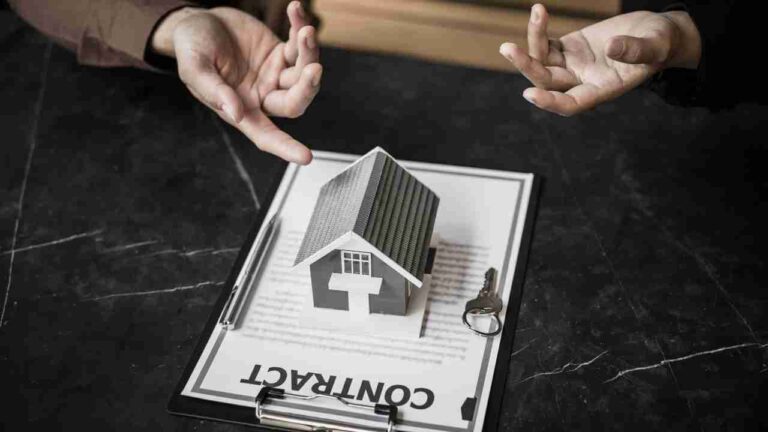You Should Know These 8 Things Before Buying or Selling a Car
Do you need a car, or are you selling one? If so, there are some crucial things you need to know before you act. They will help you make decisions and navigate the whole process. However, overlooking these things can be costly. This guide gives you eight must-knows to be smart. From research to talking price, it covers each step.
IMAGE SOURCE: PEXELS
- Research the Market
The sole purpose for researching is to understand the market value of the car and other brands and models that serve the same functionality. By looking at different models and features, you familiarize yourself with the reasons for differences in prices, which will help you get a good deal. Furthermore, knowing the value prevents you from over-paying or underselling. With good research, you can feel confident during the whole buying and selling transaction.
- Determine Your Budget
Setting a budget helps with the buying or selling process. It guides you to know which price you can play along with to get your ideal car or offload one from our hands. This process involves more than just how much the car costs. It includes insurance payments, immediate or future repairs, and fuel costs. Planning covers all these costs, thus allowing you to focus on cars you can afford or finding the ideal price for the one you are selling. Furthermore, a clear budget makes it easier to make decisions. It keeps you from spending too much and leads to wise money choices.
- Consider Your Needs and Preferences
Before making a decision to buy or sell a car, it’s imperative to conduct a thorough assessment of your specific needs and preferences. For Ford lovers wanting to buy a car in Brisbane, checking out the latest models can offer special insights into getting the car that matches their personality. When looking for Ford dealers in Brisbane, ensure they have friendly teams that can help you find the perfect vehicle for your needs. Factor in your preferred size, color, and lifestyle. This includes considering factors like how much you are invested in the car or the sentimental value attached to it if you sell it.
Additionally, if you have special needs, you may need one that addresses these needs fully or is compatible with them to suit your needs. Its fuel efficiency is also crucial, especially if you’re worried about costs and the environment. Don’t forget about tech options too, like infotainment systems and driver assistance features, which can make driving more enjoyable and align with your tech-savvy preferences.
- Inspect the Car’s Condition
When it comes to inspecting the condition of a used car, attention to detail is key. First, check the exterior for dents, scratches, or rust. These are crucial signs of past damage or neglect, and they can let you know what you are about to invest in. On the other hand, look at seats, dashboards, and controls for worn areas or broken parts inside. Open the hood and inspect the engine carefully.
If the model you are about to sell or buy has a complex engine system and requires a level of expertise, consider involving a reliable professional. Before you can buy or sell it, take it for a test drive, and take note of its acceleration, braking, steering ease, and overall performance. An honest evaluation lets you fully understand its condition. Watch closely for red flags affecting value or reliability.
- Check the Vehicle History
It’s important to check a car’s history report before buying because it tells you about the vehicle’s life. On the seller’s side, it allows you to demonstrate honesty. The history report shows past accidents, repairs, maintenance work, and previous owners. This info reveals if the car has had previous problems and how often the problems occur. Reviewing its history helps you avoid hidden issues that cost money later. Furthermore, you can make a better choice knowing such details as they help you evaluate how much the car may cost.
- Understand the Legalities
Buying or selling a car comes with legal matters you must familiarize yourself with to ensure a smooth transaction. There are laws and rules that govern car ownership paperwork, title transfers, and those that are restricted to specific geographical locations. Knowing them helps you properly prepare or secure all needed documents correctly.
Be it registration with the DMV or clearance from the police, all must be ushered in to ensure you are on the safe side of the law. Furthermore, this allows a seamless sale or purchase with no legal issues or problems. Your understanding of legalities gives confidence the transaction is compliant.
- Consider Insurance and Maintenance Costs
Buying or selling a vehicle requires proper considerations about insurance and repair bills. Before you can buy it, you need to understand how much you will be required to pay for its insurance coverage to run. Be aware that different reasons determine the coverage you will take. This depends on things like brand, model, age, safety equipment, and geographical location. Also, consider long-term fixed costs associated with owning such a car. Factor in things like regular service, repairs, and part replacements. Knowing these costs helps you decide if you can afford that car.
- Negotiating
IMAGE SOURCE: PEXELS
Negotiating and closing the deal is the final stage in car buying or selling. It means engaging in deep discussions with the parties involved to agree on the price. For a successful negotiation, do your homework well. Know the car’s market value, usher in the new developments like engine-related problems and prior mechanical issues, and adjust your price.
Moreover, understand your budget and do not neglect it. Be willing to walk away if terms aren’t good, as this gives you power in negotiations. In addition, implement smart negotiation tactics; if you cannot, hire a professional to do so on your behalf. You can also get the best price when selling.
Ultimately, buying or selling a car requires good research and preparation beforehand. The above eight tips will help you make a wise decision when buying or selling a car and one that fits your budget needs. The most crucial step is researching the car’s current market price and its best-selling features. Additionally, you can hire a professional to conduct the whole process on your behalf. Nevertheless, following these tips lets you feel confident about buying or selling a car properly.







